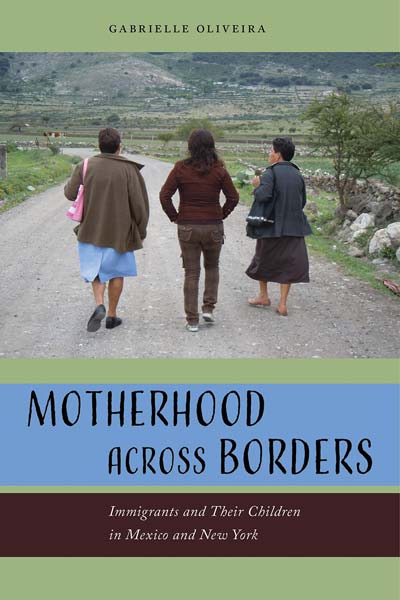Decrypting ICOs
Just what is an initial coin offering, anyway?
Photo: Lee Pellegrini
BOOKS
Parenting Across Borders
In a new book, Boston College's Gabrielle Olivieira documents the lives of migrant mothers who left children behind.
Gabrielle Oliveira specializes in research on immigration and mobility, and it’s within this context that her new book explores the lives of Mexican women who’ve made the agonizing decision to leave their children at home and migrate to New York in search of better opportunities for their family. What does this look like in the real world? How does parenting across the border work? What stresses does solo migration place on the parent-child relationship? Oliveira, an assistant professor in the Lynch School of Education and Human Development, spent more than three years researching such questions for her book Motherhood Across Borders: Immigrants and Their Children in Mexico and New York. What she found is equal parts shattering and inspiring.

A growing number of Mexican migrants in the States are women who come by themselves, and Oliveira, a native of São Paulo, Brazil, laments that those who leave their children behind with relatives or friends are often accused, unfairly, of abandonment. The women profiled in her book, many motivated to migrate by poverty and violence, are “being the best mothers they can be,” Oliveira told me, “and they’re in fact re-assembling motherhood, and still playing a central role in their children’s lives.” In addition to providing financial support, they stay in regular contact with their children and their caregivers, texting, phoning, and making decisions about everything from schoolwork to socializing.
The mothers in Oliveira’s book seem grateful to be able to provide a level of support to their children that would have been difficult to imagine in Mexico. Still, Oliveira writes that when there were problems or struggles, they were “criticized, and blamed for everything that went wrong, and felt guilty and helpless.” In showcasing both the heartbreak and the uplift of the women she reported on, Oliveira said, “this book provides a nuanced analysis of migration’s many faces, and contributes to existing scholarship on how transnational migration and people’s mobility shape the lives of children and youth ‘left behind,’ ‘brought over,’ and ‘born here.’” ◽